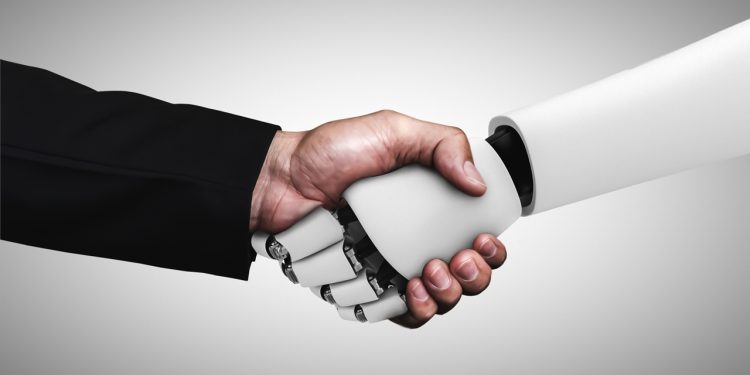With the advancements of modern day digitalisation, the idea of technology taking over human jobs is no longer a mere fantasy.
According to a recent World Economic Forum report close to 30 per cent of new job opportunities globally will be in data, artificial intelligence (AI), engineering and cloud computing in 2022. These trends reflect the growing potential of the digital economy.
In 2020, Singapore’s infocomm media (ICM) sector, which includes the media, information communications, and telecommunications, grew by 4.8 per cent despite the COVID-19 pandemic.
A Tool Not a Replacement
Although it may seem that technology has been disrupting jobs, it has actually been easing the workload of many. It is a concept that is not new to human civilisation. Human beings have depended on technology to simplify work and be more productive since the dawn of time.
Since the industrial revolution, machines have made our workloads easier. Today, we’re facing a new revolution, something we call Industry 4.0. We no longer only use machines to make our jobs easier, but also digital technology.
Take the example of the Jobs Intelligence Maestro (JIM), DBS’ virtual artificial intelligence (AI) powered bank recruiter chatbot. DBS noticed that their recruiters from the Human Resources (HR) team spent large portions of their time carrying out repetitive tasks, including screening resumes and answering questions over emails.
With the implementation of JIM, the chatbot autonomously interviews candidates 24-hours a day all week, alleviating recruiters of the time-consuming tasks.
Through JIM, DBS’ HR talent advisors could focus on higher value activities such as active sourcing of candidates, competency-based interviews with applicants and advisory for hiring managers. Candidate drop off rate reduced from 15 per cent to 3 per cent with over 90 per cent of managers indicating positive experience with JIM. JIM was also able to answer 97 per cent of candidates’ questions.
Machines have been glorified for being more precise and completely eliminating human error.
Oxford Economists Edward Cone and James Lambert however believe “it will be difficult for machines to replace humans in service sector occupations that demand compassion, creativity, and social intelligence for work that takes place in unstructured environments”
Not all jobs can be replaced by technology. There are still jobs out there that require the ‘human touch’. These include therapists, teachers and even journalists.
While robots can provide precise and accurate data, they do not have the same capabilities as humans to create emotional connections with others.
In these jobs, technology would play a role of an enabler, enhancing the jobs that require human touch.
How Do We Keep Up?
New jobs and opportunities in the new digital economy will inevitably be created, especially in growth sectors such as financial services, infocomms, professional services, and health and social services. But these jobs would require new skills– skills that can only be acquired through training and upgrading.
As Singapore continues to innovate digitally, Singaporeans must adapt to these changes by keeping ourselves relevant for the future economy, or risk being left behind.

